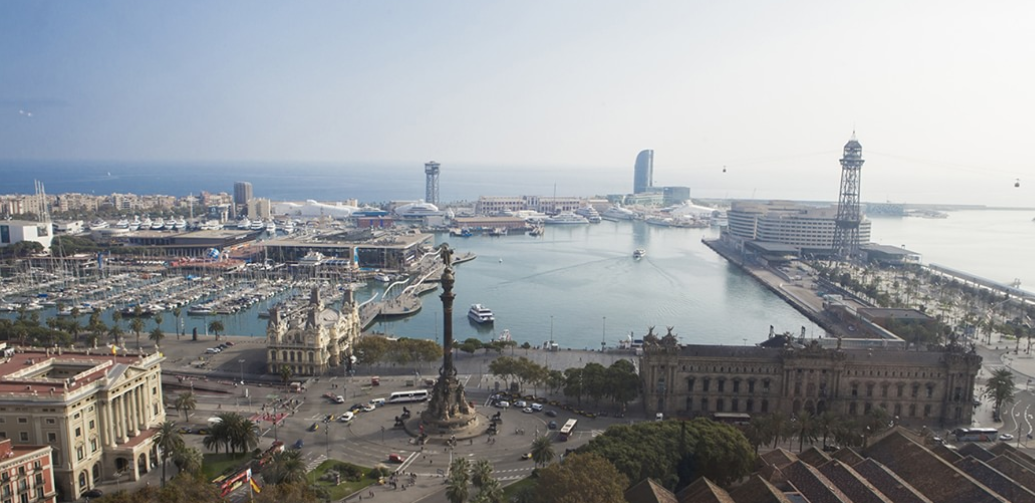Residence in Spain post-Brexit – the Spanish golden visa and non-lucrative visa
When the UK left the EU, UK nationals lost automatic freedom of movement in Spain and elsewhere in the bloc. Spain continues to welcome UK citizens to their communities, but it is under different rules and the process is more bureaucratic and complex.
Work visas are harder to obtain, but if you do not intend to work and can prove you can support yourself, you could apply for Spain’s non-lucrative visa. Or, if you can also make a substantial investment in Spain, you could apply for the ‘golden visa’ which provides more flexibility.
So how do things work now, and what can you do to continue enjoying time in Spain?
If you were already living in Spain before 2021
UK nationals who were lawfully settled in Spain before the transition period ended can enjoy uninterrupted freedom of movement and citizens’ rights under the UK/EU Withdrawal Agreement.
If you have a holiday home or plan extended stays in Spain
Unless you have Spanish residence or EU citizenship, UK nationals can no longer come and go as they wish. As a ‘third country’ visitor post-Brexit, you can now only spend up to 90 days in any rolling 180-day period without a visa.
This 90-day limit applies across the EU Schengen zone, so you cannot pause or reset your days by spending time in another country. Once you have used up your allowance you will not be permitted to enter another Schengen country without a visa until you have spent enough time outside the area.
Anyone caught overstaying could risk deportation, fines and a record in their passport that can complicate future travel and visa applications.
If you want to spend more time in Spain, you have two general options: you can apply in advance for a visa for each extended stay; or unlock unlimited freedom of movement by becoming Spanish resident.
Spain’s Non-Lucrative Visa and Residency Permit
If you want to enjoy uninterrupted access to Spain as a UK national, you will need to apply for residence under the immigration rules for third party nationals.
In order to gain residence if you are not working in Spain – a ‘non-lucrative visa’ – you will need to:
- Demonstrate you have “sufficient” financial resources to support yourself and any dependents without relying on the state.
- Have suitable medical health insurance from an insurer in Spain.
- Provide a recent UK record check and no police record in Spain.
- Apply at the relevant embassy or consulate in the UK with the relevant documentation in advance of moving.
- Renew the visa after one year at the Spanish immigration office, and after that every two years. You will need to provide similar proof/documentation each renewal.
After five years you can apply for Spanish permanent residency permit, if eligible.
This non-lucrative visa commits you to spending a certain amount of time in the country (generally 183+ days in a year). You will also be expected to register as a tax resident in Spain and meet your tax obligations, as required.
Spain’s ‘Golden Visa’
Spain offers a more flexible residence option for third-country nationals who can make a substantial capital investment in the country. Known informally as the ‘golden visa’, this provides the freedom to come and go as you wish in Spain, including access to public services like state healthcare, without having to become fully resident.
There are two options:
- Spanish Golden Visa, which you apply for at the Spanish Consulate in the UK
- Spanish Golden Residency Permit, obtained through the Large Business and Strategic Groups Unit in Spain.
Both options require you to make significant qualifying investment in Spain. The most common way to qualify for this programme is by buying Spanish property worth at least €500,000. Other pathways include buying shares in a company or making a deposit in a Spanish bank of €1 million+ or investing in a new business that offers employment opportunities or other significant local benefits.
You will also need to:
- Demonstrate you have sufficient financial resources to support yourself and your family in Spain.
- Have proof of Spanish health insurance and current good health
- Provide clean police records
- Not have any bans on entry into Spain or have been found to be there illegally.
- Renew after one or two years depending on the type. It is then valid for five years, after which you can renew or apply for permanent residency if you have lived in Spain for at least six months a year.
Making the most of Spain
If you do decide to move to Spain, you will need to adjust your financial affairs to suit your new situation. By becoming Spanish resident, it is highly likely you will also be deemed tax resident, so you will benefit from planning ahead. A locally-based adviser with cross-border expertise is best placed to help you meet your obligations in the most tax-efficient way and take advantage of suitable opportunities in Spain.
By Cathal Rochford, Partner, Blevins Franks, Mallorca
Fine and Country Mallorca would be delighted to introduce you to Cathal
All information is based on Blevins Franks’ understanding of legislation and taxation practice, in the UK and overseas at the time of writing; this may change in the future.



